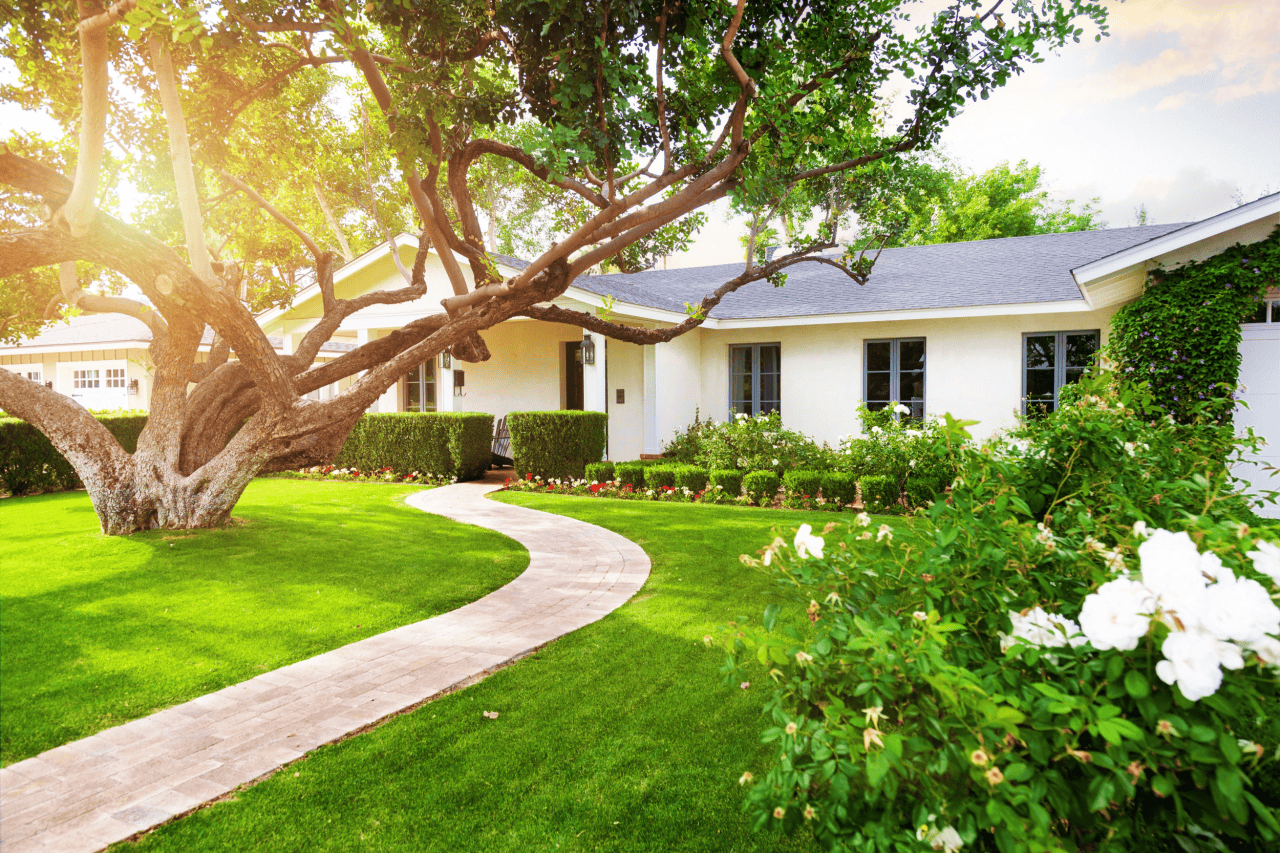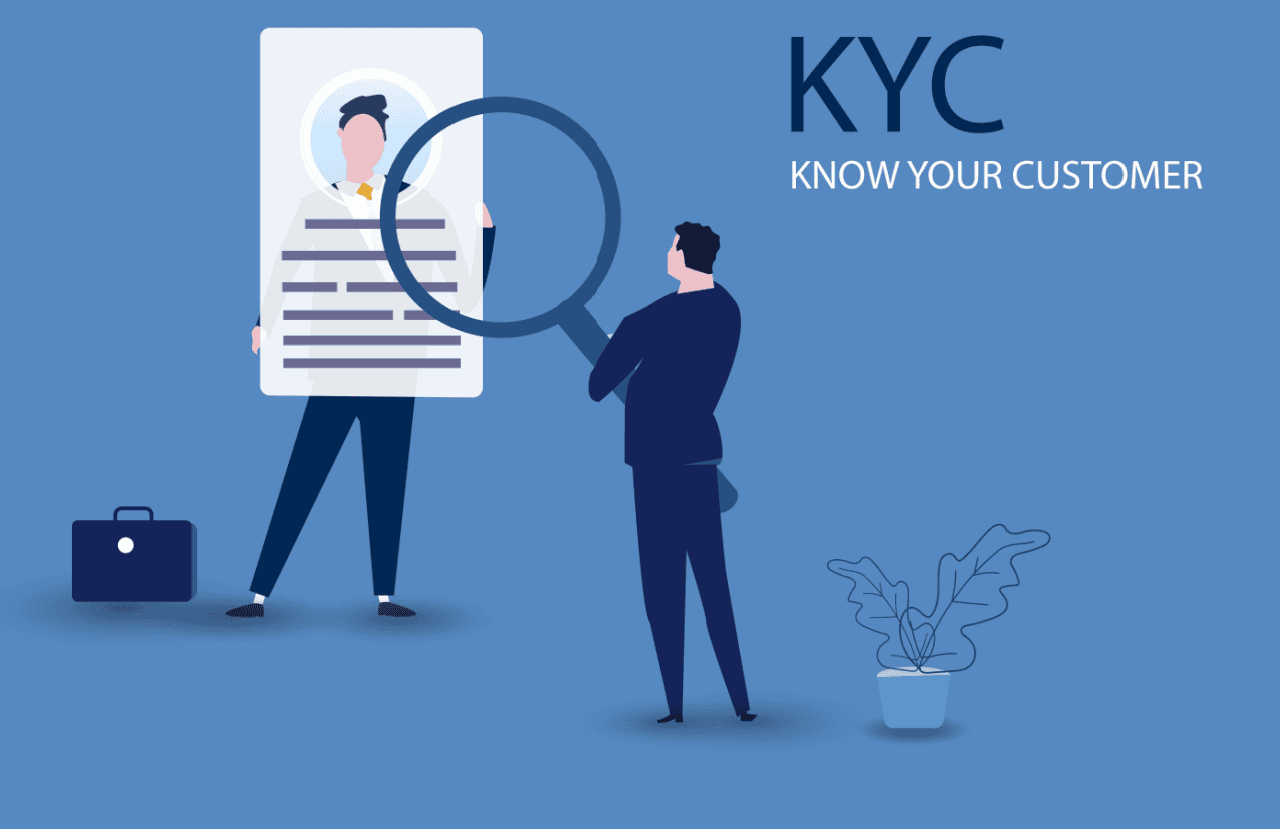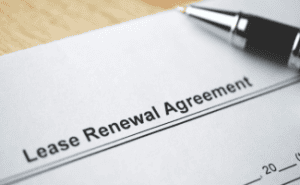The Hidden Costs of Selling a Rental Property
Whether you’re selling your personal residence or your rental property, you may not be fully aware of all the expenses that await you when you do so. Sure, you might anticipate closing costs and maybe some commissions to pay your real estate agent, but there are a lot more expenses to selling your home than you may realize — and they can really add up. Here are just a few of the hidden costs of selling your home.
Real Estate Agent Fees
If you’ve completely neglected to figure real estate agent commissions into your home selling costs, you are not alone. Forty-five percent of homeowners don’t know they are expected to pay the buyer’s agent commission. And only 35% know that the standard, total commission fee is about 6% of their home’s final sale price, according to a 2019 Clever survey of 1,000 Americans who indicated they were planning to sell their homes within the next year. The seller’s agent and buyer’s agent usually split commissions evenly.
Even if you list your home as a for-sale-by-owner or pay for a flat-fee MLS service, you’re not likely to get out of paying 3% to the buyer’s agent. You’re essentially providing no payment for the service that agents provide to potential buyers, which may make them less inclined to steer their clients to your open house. While you may be able to negotiate your listing agent’s commission or use a discount agent, it can be difficult to get out of paying the 3% buyer’s agent commission.
The good part is that, by hiring an agent, they help you every step of the way and can provide valuable insight into the local market, your listing price, and negotiations with buyers. Not to mention marketing your home to their network, hosting open houses, and completing the necessary paperwork at closing.
Repairs
You can expect a few thousand dollars in repairs before placing your home on the market, especially if your home is older or you are behind on regular maintenance. If you have the cash to do so upfront, your real estate agent may even suggest some more costly repairs in hopes of getting an even higher selling price as a result.
Prioritize your repairs by determining which ones may generate higher offers or are likely to be requested by a buyer. Your availability of upfront funds will also determine which repairs make the list and which are deferred to the new home buyer.
Staging Costs
Even if you don’t hire a professional stager (which could cost $500-$1,000), expect some costs associated with getting your home ready for listing and open houses. If time is of the essence, you may pay a housecleaning service to deep clean your home at the cost of $200 or more. You may also pay to have the carpets professionally cleaned or board your pets during showings.
Landscaping
As they say, you only get one chance to make a first impression, especially when it comes to your home. Before you host any open houses or showings, you’ll want to spruce up the exterior of your home, especially the sidewalk leading up to your front entryway. This includes trimming overgrown trees and shrubs, planting colorful flowers in pots along the sidewalk, and making sure your lawn is freshly mown.
Regular lawn mowing won’t cost a ton; most sellers forget to account for it as an expense. Plan for just $100 if you’re a DIYer, or upwards of $500 if you hire a professional landscaping company. The total cost will depend on the size of your land and the amount of sprucing up needed.
Seller Concessions
When you’re in negotiations with a potential buyer, they’ll likely hire a professional home inspection. That home inspection may reveal needed repairs — some of which you weren’t aware — and the buyer may request that you fix them or reduce your selling price. Their lender may require that certain repairs are made before closing if they are safety-related.
Closing Costs
You may be well aware of closing costs when selling your home, but not fully understand how much that will cost you. Lots of little closing-related fees — including transfer taxes, title insurance, escrow fees, prorated property tax, and other legal fees — add up to about 2% to 4% of the sale price for your portion of closing fees.
Warranty
It’s becoming more and more common for sellers to offer a full year of a paid home warranty to buyers — a cost of about $400 to $600. Generally, a basic warranty covers the major systems of the home, including HVAC, plumbing, electrical, and major appliances. Different companies offer different packages with varying coverages at different price tags, so make sure you read the fine print.
Moving
You’ll want to make sure to include the price of a moving van in your budget when selling your home. And unless you’re relying on friends to help you haul yourself from your old place to your new home, you should also include the cost of hiring professional movers. This is especially true if you’re making a big move to another state or across the country. You may also need a storage unit and a night or two in a hotel.
Total Cost of Selling
On a home selling for $200,000, you can expect to pay in the range of $24,000 (or 12%) when all is said and done. Here’s a quick rundown of those expenses:
• Real estate agent commissions (6%): $12,000
• Repairs: $2,000
• Staging: $500
• Landscaping: $500
• Seller Concessions: $2,000
• Closing costs (3%): $6,000
• Moving: $500
While this may sound higher than other estimates you’ll find, we’re providing a more comprehensive overview of every single expense you’ll pay. Of course, you can always find ways to curb your expenses!
Here are a few parting tips:
• Focus on affordable repairs that offer the most value
• Consider listing with a 1% real estate agent over the traditional 3%
• Landscape without the help of a professional
• Find enough buyers, so you don’t need to appeal to seller concessions
• Network to find friends and family that can help you stage and take photos
Of course, marketing your home and fixing it up can yield a much higher ROI, so sometimes eating those costs can lead to a house that sells for top dollar. Consider your options and create a plan that works with your budget.
With Airbnb now across the US, you might have a landlord looking at your home as an “Executive Rental.” This may result in a good offer from an unlikely source. If you do a little extra marketing research upfront with rentometer.com you could offer a range your home may rent for on a monthly basis. This would give landlords and Airbnb owners a better idea if buying your house is right for them.
source: rentometer.com
















 Accessibility
Accessibility